Advising 1. Honors 101: Scaled Advising Courses for First-Year Honors Students in an Experiential Curriculum
Andrew Chapman, Assistant Dean, UTSA Honors College
This presentation will detail the 6-year life cycle of our Honors 101 course, a 0-credit required course for 1st year students in the Honors College at The University of Texas at San Antonio. Honors 101 is an 8-week course that accomplishes many Honors College goals, from sharing information about our experiential curricular requirements to having students research outside-the-classroom experiences that count toward Honors requirements. Many of these modules mimic conversations that we would ideally have in one-on-one advising sessions. This form of course-based scaled advising tries to work toward the following goals:
1. introduce students to on-campus resources in the Honors College and at UTSA, so as to build community, belonging, and mentorship opportunities;
2. introduce students to experiential learning opportunities across areas such as undergraduate research, service learning, study abroad, and national awards;
3. guide students to map out an Honors Experience Plan: a customized, discipline-specific, career-focused, and engaged living pathway of Honors courses and outside-the-classroom experiences that will satisfy requirements in our Honors experiential curriculum.
The evolution of the Honors 101 course starts with pre-pandemic large lecture-style learning, moving to asynchronous learning during the pandemic, and finally settling to its present-day hybrid model, which utilizes asynchronous online delivery of material with in-person learning lab meetings. I will highlight practices we have adopted as we changed modalities and methods in course design that we use to capture data about the types of experiences our students want to pursue.
As our Honors College continues to expand, this presentation will also be used to discuss scalability of Honors advising. The UTSA Honors College during this 6-year period has grown from 1300 to 2000 students, with a charge to further grow. Using the case study of our Honors 101 course, I would like to pose the following questions for discussion: What are the best practices to scaled advising models in Honors education? What are the pain points in advising that we experience during growth, and what methods in coursework-based scaled advising can be used to reach a greater number of students? Finally, at what point is scaled advising no longer an “Honors” learning environment and more closely resembles the research institution at large?
